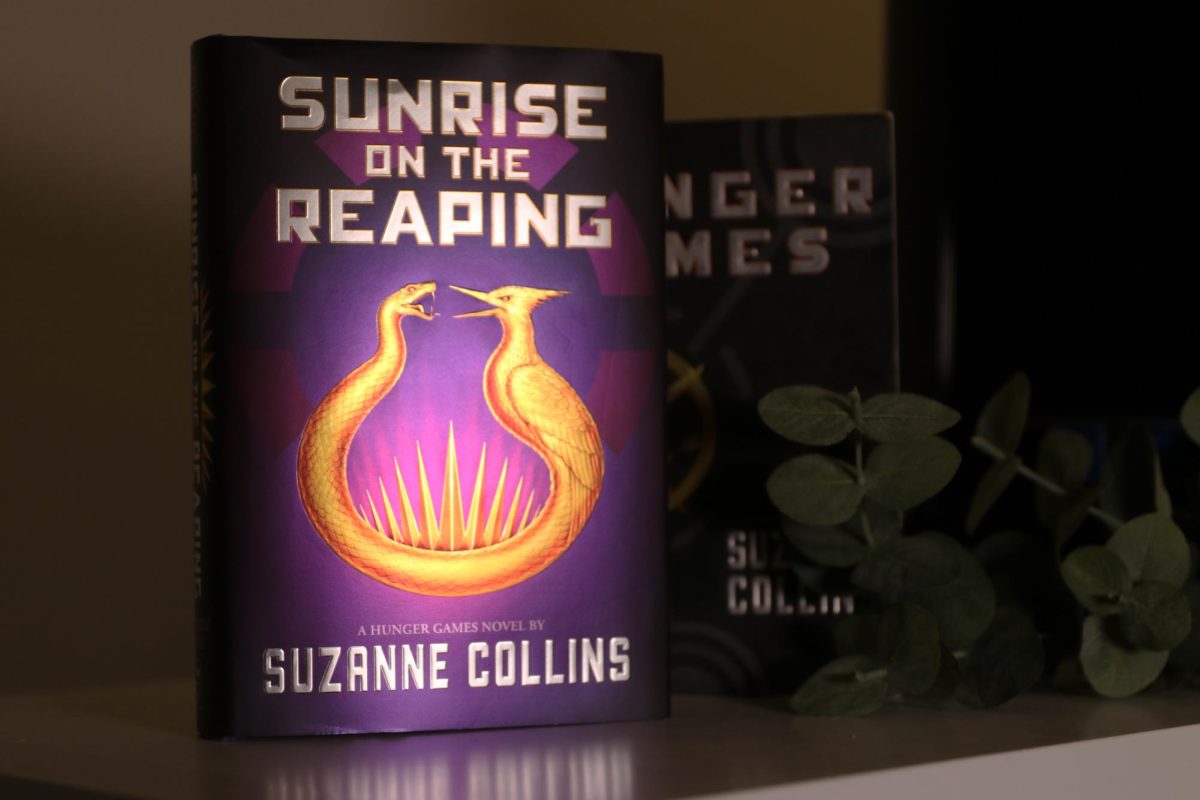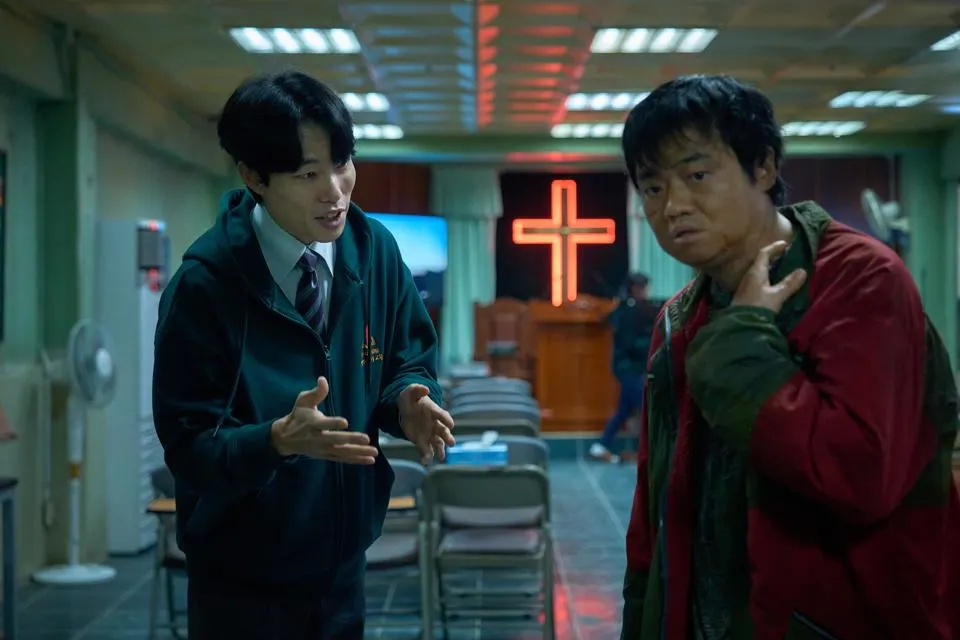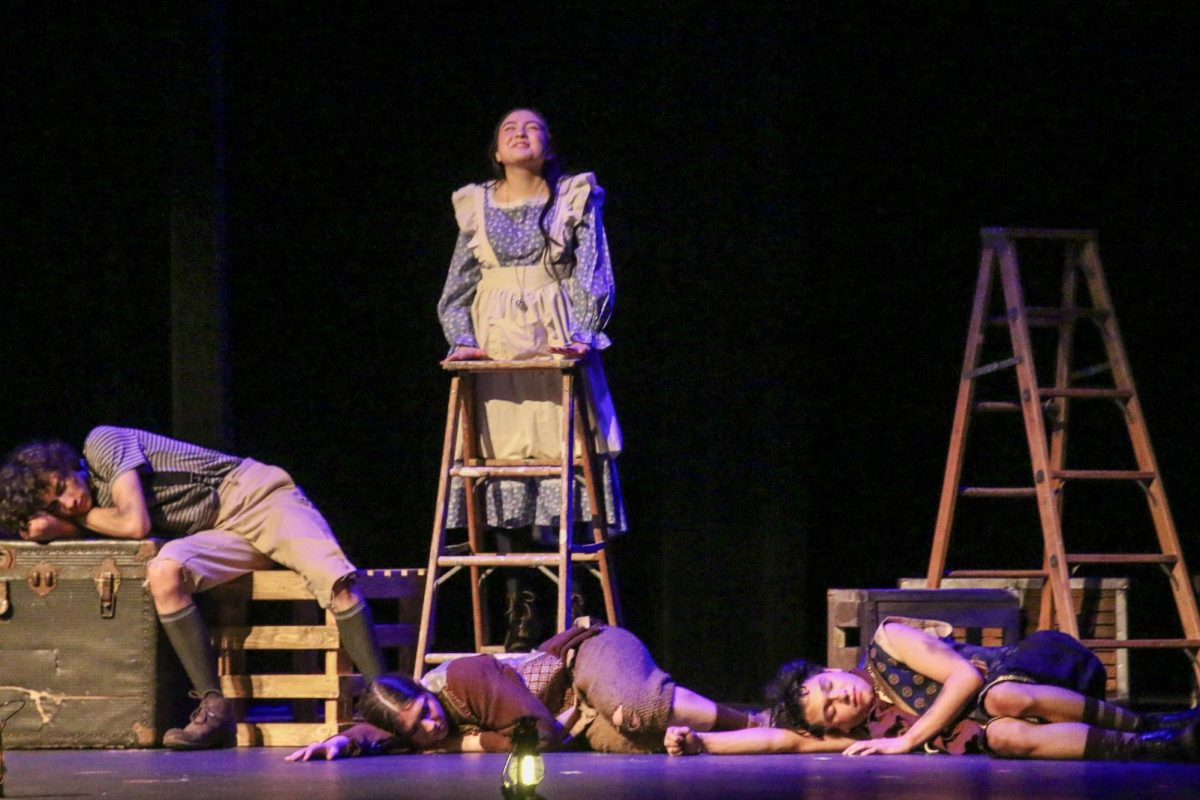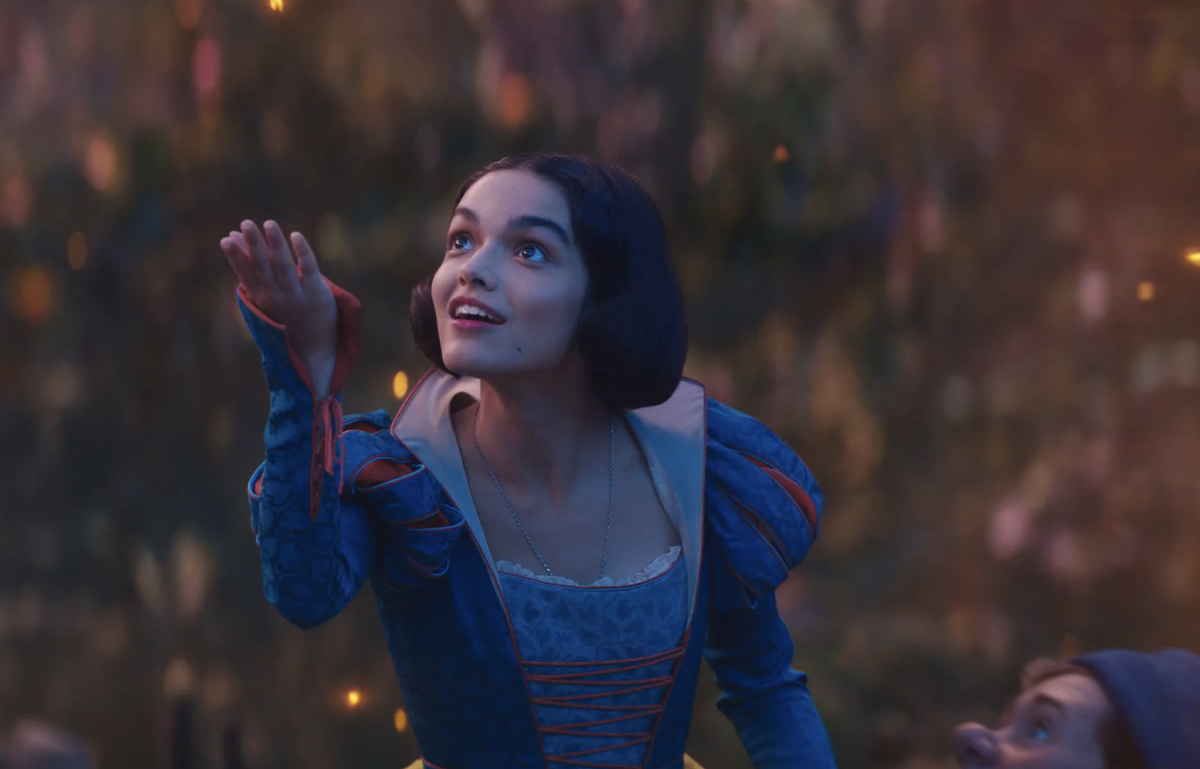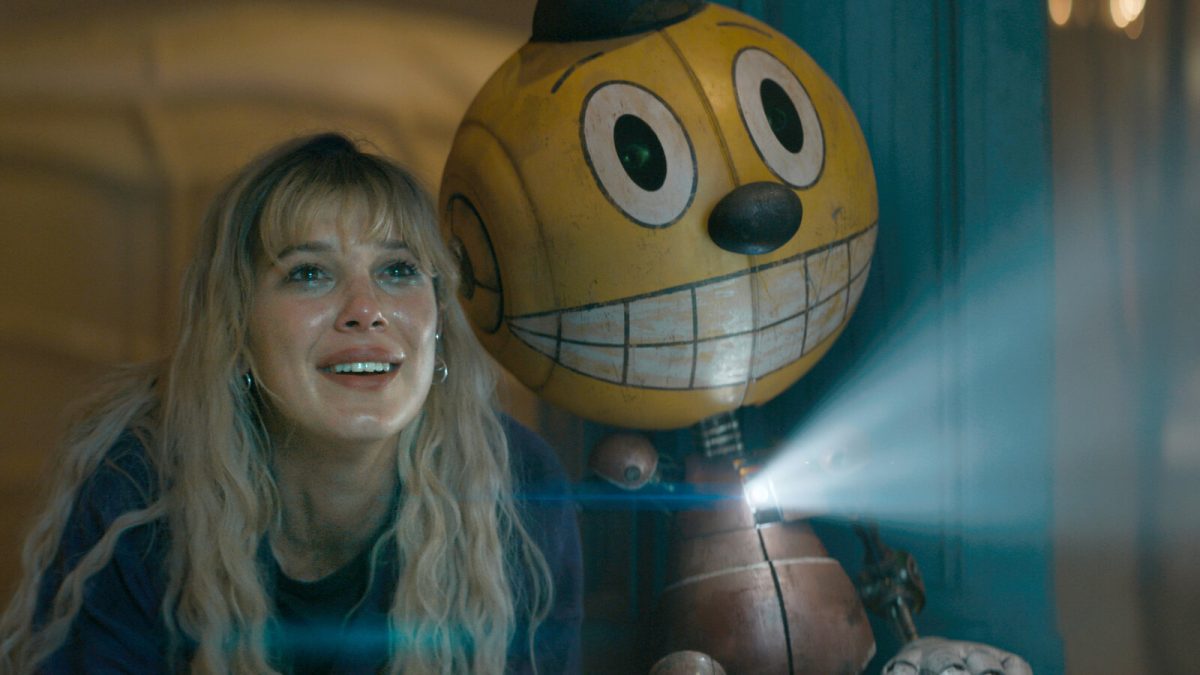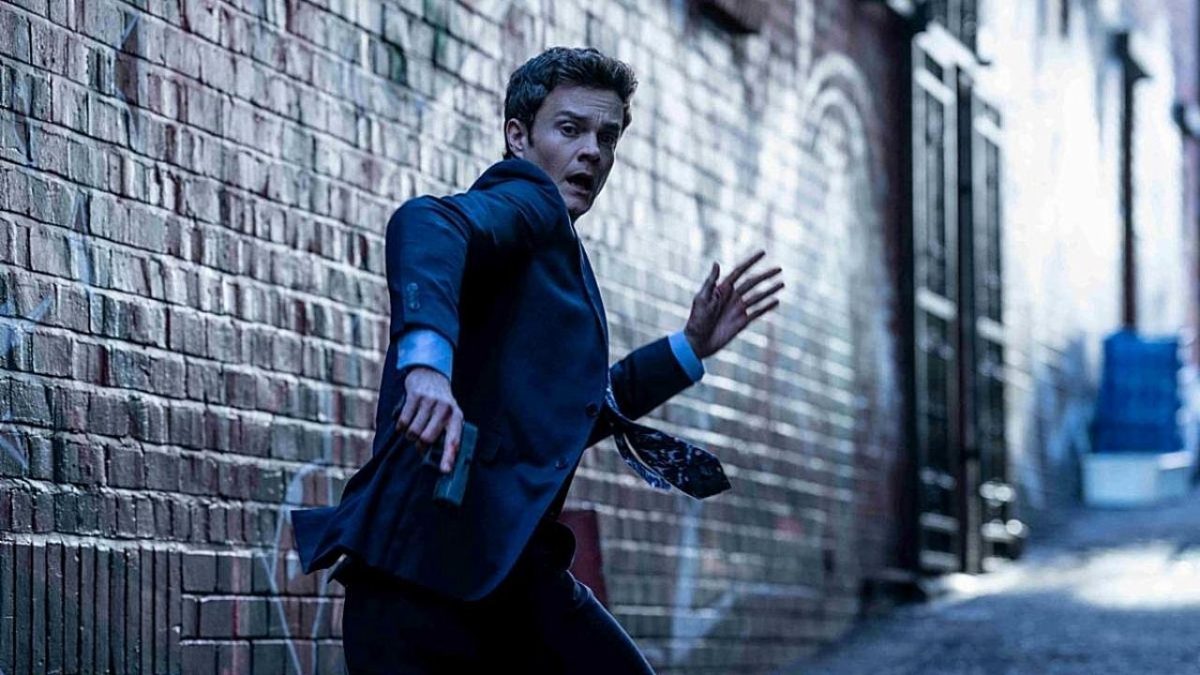There’s something about a bloodbath that I can’t look away from.
On a screen it’s horrifying, but I live for every gory detail in a book. Only a small step away from horror, “The Hunger Games” has, thus, been my favorite book series since I first read it in elementary school.
It is a family favorite for my house; the movies are a part of every important holiday break and the first ones we choose to turn on. The series is the only one my dad has read in years, and the one thing we can all agree upon. So, when we found out a second prequel was officially confirmed, none of us could wait to get our hands on it.
Released March 18, Suzanne Collins’ “Sunrise on the Reaping” dives into the backstory of Haymitch Abernathy as he fights through the 50th Hunger Games — the second quarter quell, in which the number of tributes double from 24 to 48.
Collins holds nothing back in the gruesome masterpiece of wit and war.
Returning to Panem for a story that doesn’t follow Katniss was a risky move in the first prequel, “A Ballad of Songbirds and Snakes,” but Collins proved “The Hunger Games” had much more to offer. I went into the book with a thrum of excitement and not an ounce of doubt, but was still blown away. A cast of returning and new characters comes together in the prequel, each tugging on my heartstrings in different ways: Wyatt and Maysilee have strong hearts underneath tough pretenses, and Ampert endears himself to Haymitch and the reader from his first page.
As someone who has read the original trilogy a thousand times, I thought it would be easy to spot major plot moments. After all, Katniss had already briefly described the game and we knew Haymitch would be the winner. But with gruesome deaths just pages into the novel and a constantly-changing arena, I couldn’t flip the pages fast enough.
But, like any literary nerd, it was the writing that really stuck out to me. Collins knows exactly when to hold the details and when to put all her cards on the table, sucking the reader into the book until the hours blur together. With references to the other four books and classic literature, this book is as profound as it is entertaining.
“Sunrise on the Reaping” only has one fault: it won’t hit the big screen until November 2026. My family is already counting down the months, and I will impatiently reread the novel until I can see its poetry brought to life on the screen.



